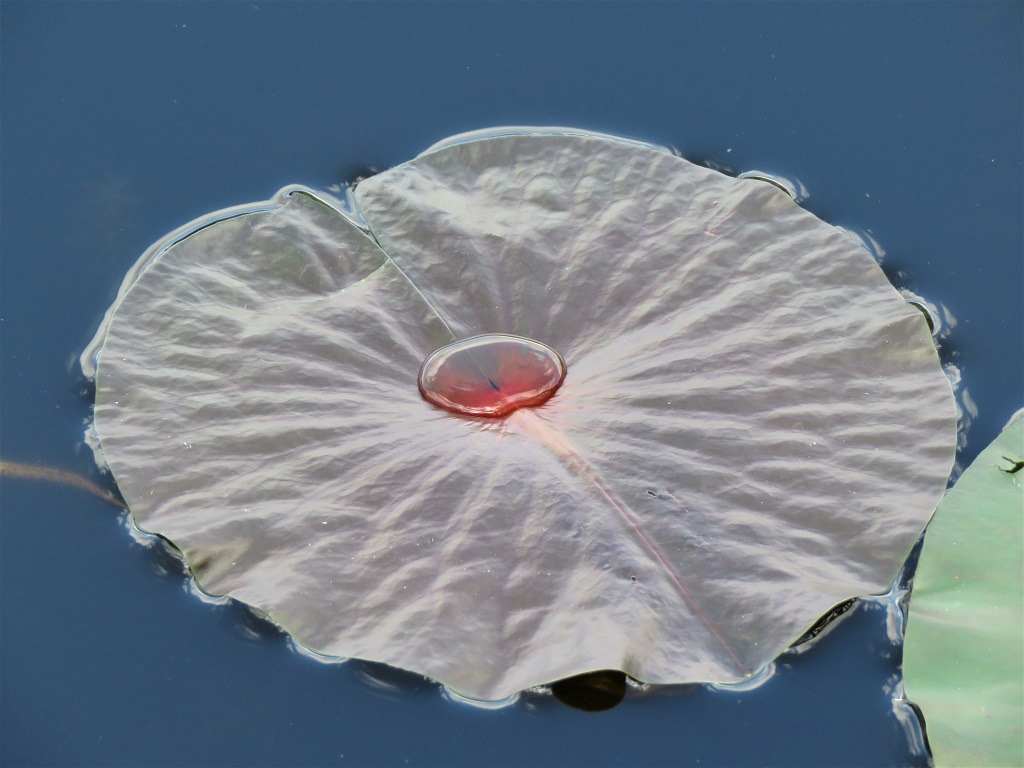Aristotle’s Analysis of Friendship, Crystallized
There are three types of people whom we commonly call friends, namely those who have proved useful to us in our practical lives, those who share pleasant activities with us, and those who mirror our virtues. Accordingly, the three types of relationships may be referred to, by way of analyzing the general notion into its constituent parts, as friendships of utility, friendships of...








